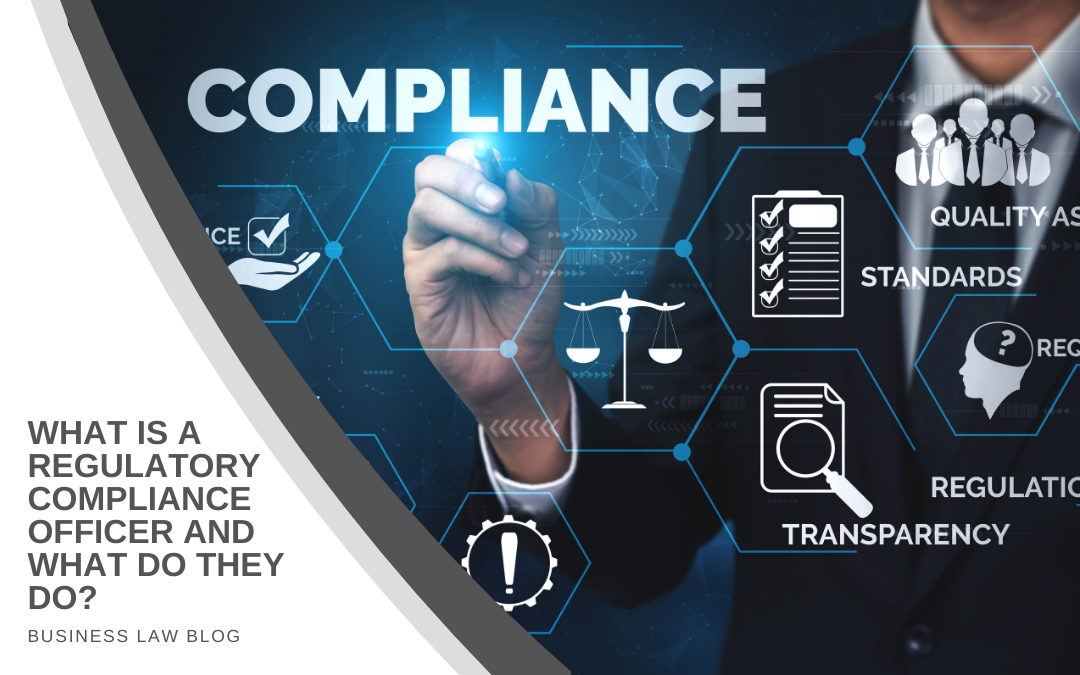Indeed.com, a premier digital job board, describes the role of a Corporate Compliance Officer as an individual who “is responsible for overseeing an organization’s compliance with government laws and regulations. Their duties include coordinating with company management to identify potential risks, implementing policies and procedures to uphold laws and regulations, and monitoring the company’s adherence to those policies and procedures.”
Glassdoor.com, also a job board, adds that a Compliance Officer “avoids lawsuits by ensuring business operations are performed in compliance with state and federal laws. They must also continue studying state and federal laws related to their industry and ensure that the company conducts business according to new regulations that arise.”
Chief Compliance Officer
In large organizations or heavily regulated organizations, the Compliance Officer may be a member of the executive team, known as the Chief Compliance Officer. According to the International Association of Risk and Compliance Professionals (IARCP), a Chief Compliance Officer (CCO) “is responsible for establishing standards and implementing procedures to ensure that the compliance programs throughout the organization are effective and efficient in identifying, preventing, detecting, and correcting noncompliance with applicable laws and regulations.”
The CCO typically leads a team, from a small group to a large organization, that can include Compliance Directors, Subject Matter Experts, Attorneys, Auditors, Business Liaisons, Risk Analysts, Compliance Administrators, and more.
Together, they identify current regulations relevant to the business and anticipate new or changing laws that may impact the business. Once the regulations are known, they develop systems, policies, procedures, monitoring, audits, reports, risk mitigation plans, and communication strategies to ensure every person in the organization is aware of and in compliance with regulatory requirements.

